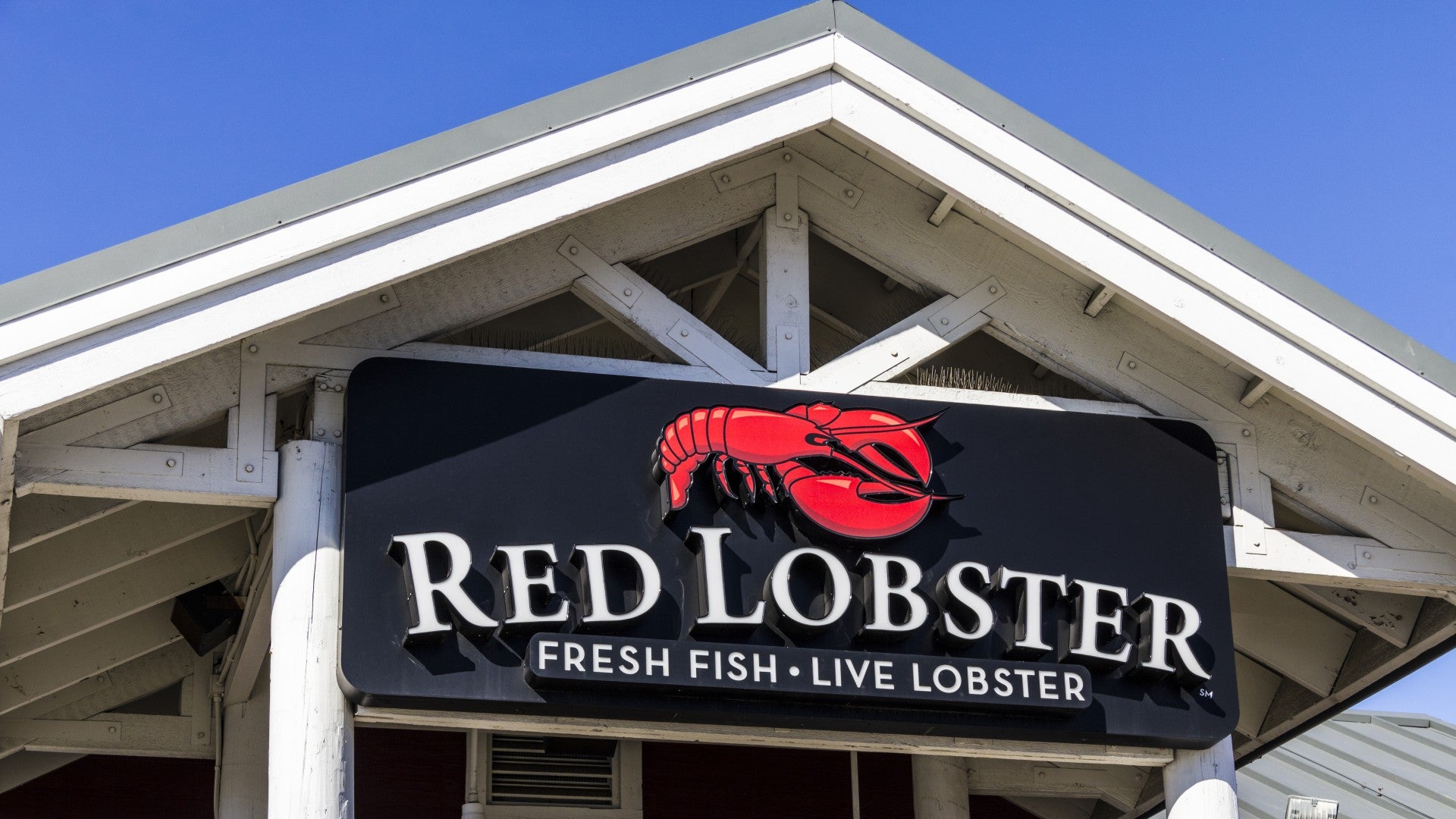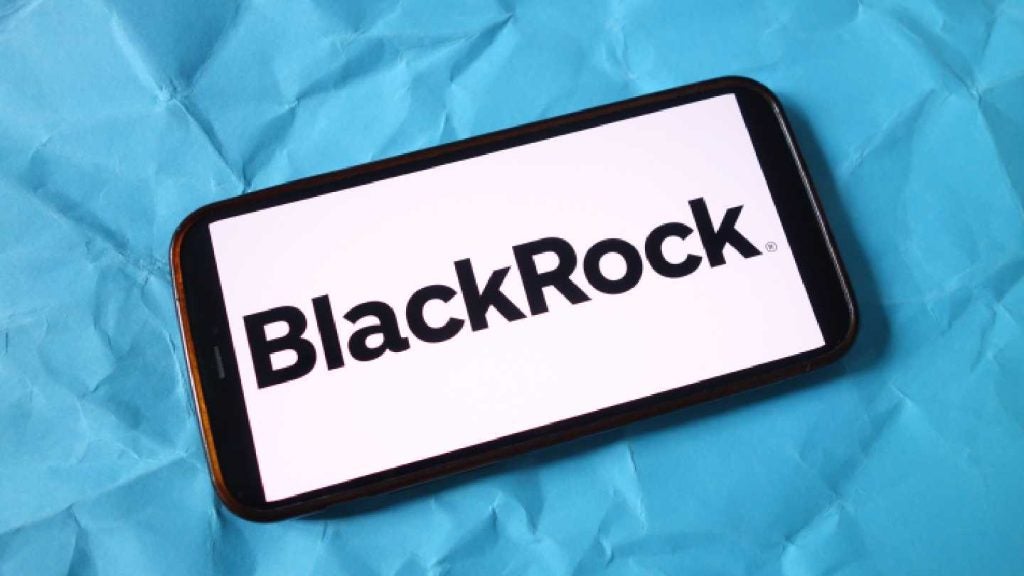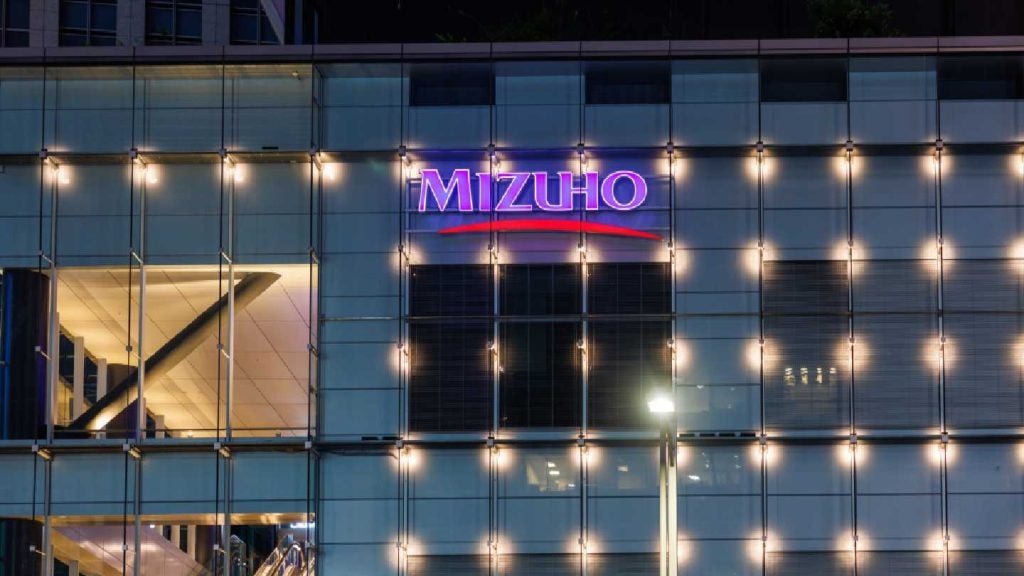
When the US seafood-focused casual dining restaurant Red Lobster filed for Chapter 11 bankruptcy on Monday (20 May), the company – and members of the public – drew a direct line from $20 all-you-can-eat shrimp to its financial difficulties. In its filing, Johnathan Tibus, the CEO brought in for the restructuring, said that the 2023 decision to make Ultimate Endless Shrimp a permanent menu item cost Red Lobster $11m and “saddl[ed] the Company with burdensome supply obligations.”
There is no denying that $11m is a hefty loss, but the company was down $76m in total in 2023. Clearly, this is not the whole story. Other factors noted in the filing include inflationary pressures, unfavourable leases and supply strain caused by the company’s relationship with its 49% owner Thai Union. Working with a consortium of other minor investors, the seafood supplier bought the company in 2020 following its purchase by private equity firm Golden Gate Capital in 2014.

Access deeper industry intelligence
Experience unmatched clarity with a single platform that combines unique data, AI, and human expertise.
It is this first purchase that holds the key to Red Lobster’s woes. As reported in the FT and elsewhere, the $2.1bn deal was in part financed by a sale of the land on which Red Lobster restaurants sit to a speciality land trust known as a real estate investment trust, or REIT. This decision has left the company locked into long leases for underperforming restaurants, costing over $64m in 2023 alone. Its bankruptcy filing also claims that a “material portion of the Company’s leases are priced above market rates”.
Repeat offenders
In and of itself, this appears to be a tale of poor management, perhaps with a degree of short-sightedness and greed. But Red Lobster is far from the only beloved company to be run into the ground by private equity.
Eleven months ago, Instant Brands found itself in a similar position. As the makers of the iconic Instant Pot and cookware staple Pyrex, the company’s stability appeared assured – and very possibly would have been had its owners Cornell Capital not saddled it with half a billion dollars of cheap debt that quickly became expensive after the Fed’s rate hikes of 2022.
The Atlantic’s Amanda Mull argued at the time that the simple quality of the pressure cooker/steamer/sautéer/(inexplicably) yoghurt maker was the cause of its sad demise, detailing how its private equity parent was unsatisfied with a company that was simply good. Cornell borrowed to expand Instant’s range from the pot to air-friers, rice cookers and even coffee-makers but found little return on investment, leading the company to file Chapter 11 in June 2023.

US Tariffs are shifting - will you react or anticipate?
Don’t let policy changes catch you off guard. Stay proactive with real-time data and expert analysis.
By GlobalDataThese examples pale in comparison to one of the clearest cases of private equity mismanagement in the 21st century: that of Thames Water, a British water utilities company responsible for providing drinking water and sewage management for London and its surrounding areas.
Once a government asset, the company was sold off in 1989, and, after various changes in management, it is now owned by holding company Kimble Water Holdings, which in turn is owned by a consortium of pension funds and private investment groups.
The company should be an easy money spinner – it has a monopoly on a vital service provided to the largest metropolitan area in the UK and one of the largest in Europe – but it is now facing severe financial issues and is over £15bn in debt. Worse still, despite its debt burden increasing year on year since the financial crash of 2008, the company has chronically underinvested in its core product, leading to large fines for breaching rules on pollution, with bills ranging from £3.3m to £20m.
At the same time, Thames Water has continued to hand massive bonuses to executives and now wants permission to increase user’s bills by 40% between 2025 and 2030, tying its investment in environmental protection to this proviso.
Ultimately, the company may be bought out by the British government, as its collapse could be devastating to the country’s economy. That should not detract from the underlying fact that private equity once again took a perfectly functional company, increased its debt burden and eventually drove it towards bankruptcy.
Who’s to blame?
Ultimately, the problem of poor private equity investment may be intractable. Compared to publicly traded companies, private equity is less likely to face scrutiny until it is too late, and, unlike a company owned by its founders, there is no reason to presume there is a long-term interest in the asset.
The short-term mindset of many investors means that it is often not their most recent owners that have done the real damage. In Thames Water’s case – much like that of Red Lobster – it was previous owner Macquarie that did the most to increase its debt burden whilst happily paying dividends that outstripped profits. By the time Kimble took over, its decline was a done deal.
Private equity certainly has a role to play in the global economy, but its current under-regulation means that there are bound to be more Red Lobsters in the future.







